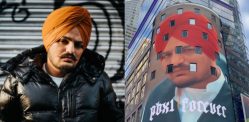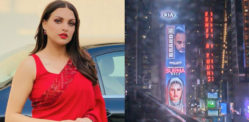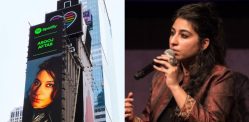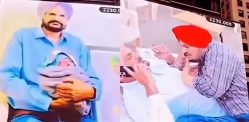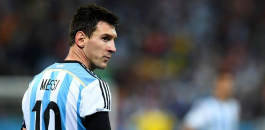"I could not have imagined a better way to launch my album."
Renowned singer and music producer Talal Qureshi has become the latest Pakistani artist to appear on the iconic Times Square billboard, ahead of his recent album release TURBO.
Talal is celebrated for his ability to bring a touch of fusion to classical Pakistani music combined with a touch of electronic elements.
TURBO is an album that attempts to close cultural gaps and is full of collaborations such as Zaw Ali, Blal Boch, Natasha Noorani, Zahoor and Maanu.
The idea behind the feature on Times Square is an attempt by Spotify to promote music globally.
He became the first Pakistani artist to appear on an LED board at the Lluís Companys Olympic Stadium in Barcelona.
Speaking about his achievement, an elated Talal said:
“This platform has been instrumental in helping me share TURBO with the world and I could not have imagined a better way to launch my album.
“I had tears rolling down my face when I found out that I am the first Pakistani artist with my name/album being displayed at Estadio Olimpico Lluis Companys Barcelona. I am grateful.”
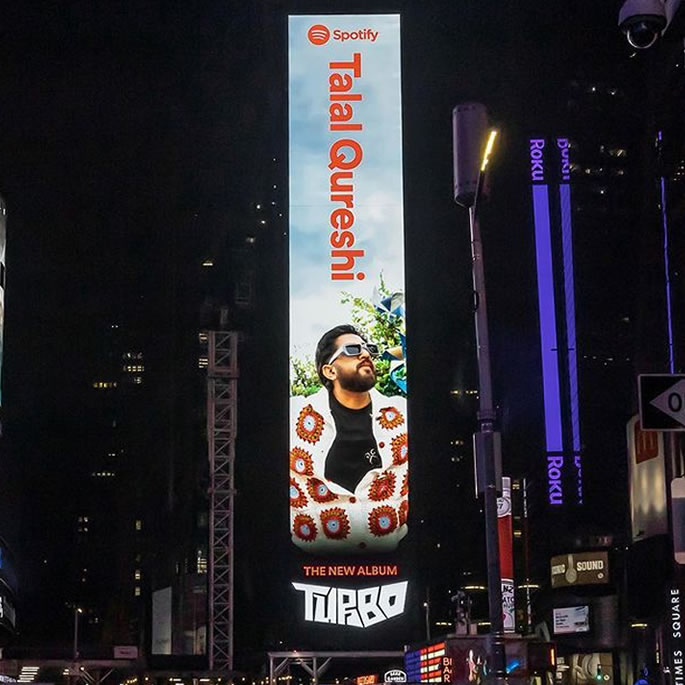
Several songs included on the album are titles such as ‘Kali Raat’, ‘Sola’ ‘Phoolon Ki Rani’ and ‘Kundi’.
Talal shared the news on Instagram via a photograph and many individuals commented with messages of congratulations.
Although Talal Qureshi is the most recent artist to appear on the famous billboard, there have been many artists before him who have also been celebrated.
Arooj Aftab became the first Pakistani musician to feature on Times Square.
Talal Qureshi was born in Saudi Arabia and began writing music at the age of 13.
He released his first single ‘Phase Shift’ when he moved to Karachi in 2007.
In 2016, Talal had the opportunity to collaborate with Naseebo Lal for the song ‘Aag’ and he revealed that he had dedicated the song to his late mother.
Apart from Naseebo Lal, Talal has been fortunate to work with Atif Aslam, Faris Shafi, Mehdi Maloof and Rehma.
In a previous interview, Talal revealed that there was a claim that artists were not creative with their work unless they were under the influence of drugs and alcohol.
Disagreeing with the statement, he said:
“I have been doing music for 12 years and I have been doing it sober.
“There’s a lot of hash and weed in the places that I perform, I don’t know about any other drugs.
“People tell producers to take ecstasy so they can start being creative, but I don’t need hash or weed to make music.”
























































